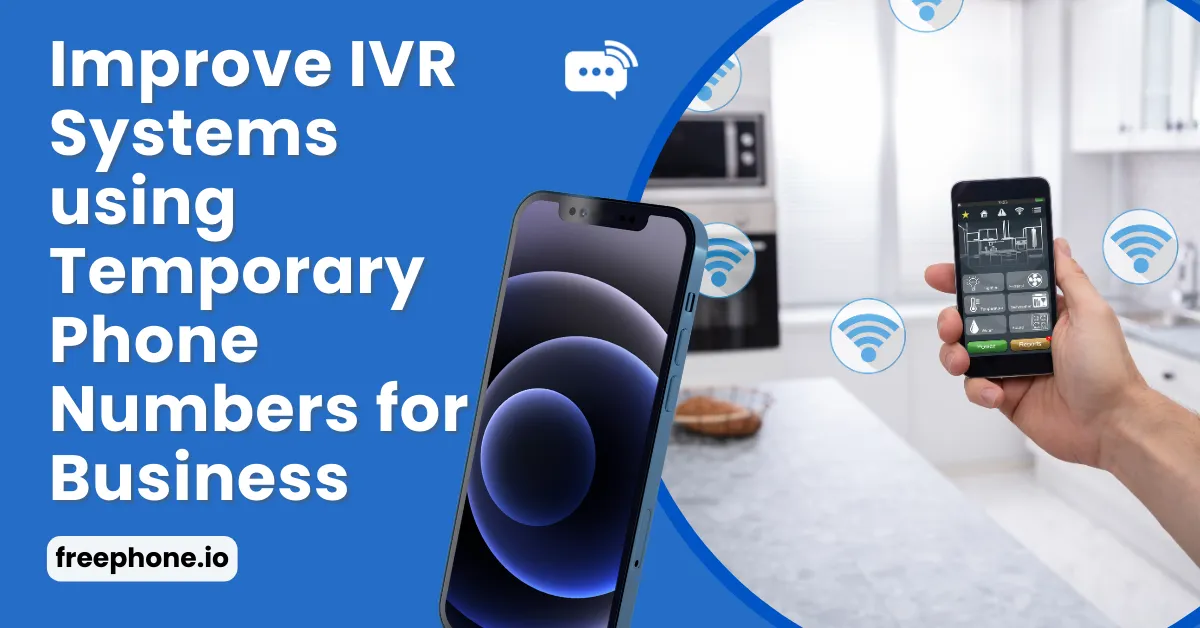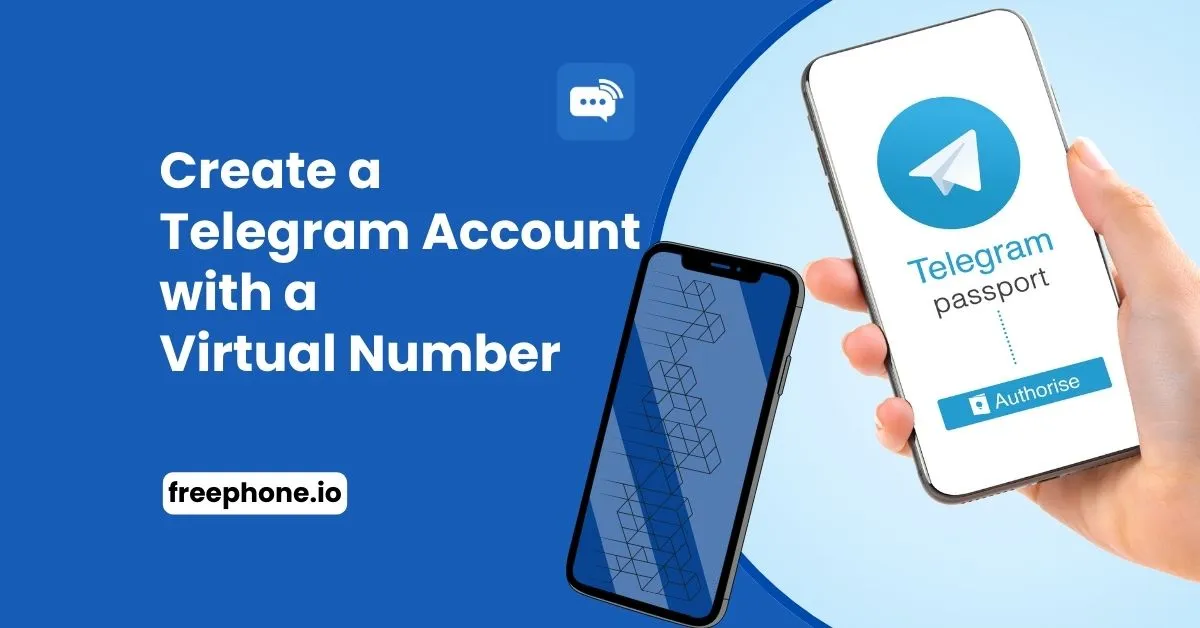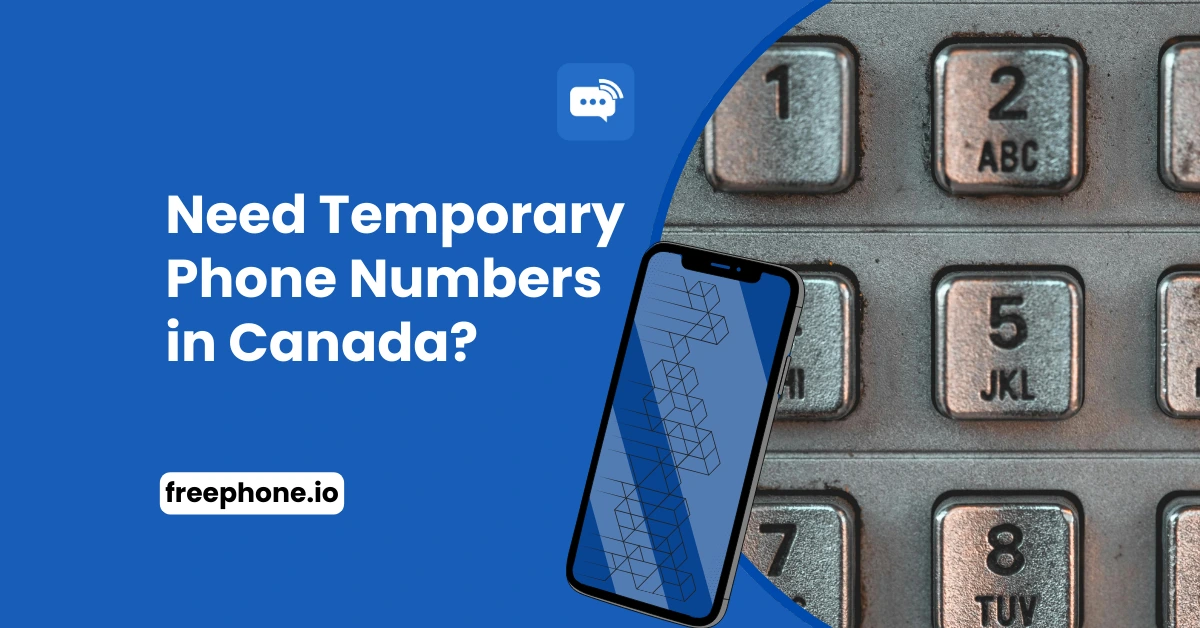Interactive Voice Response (IVR) systems help businesses manage high call volumes by automating call handling and routing. When designed correctly, IVR improves efficiency, reduces operational costs, and enhances customer experience.
One effective way to improve IVR performance is by using temporary phone numbers. These numbers allow businesses to test, scale, and secure their IVR systems without disrupting existing operations or exposing primary business lines.
Challenges of Traditional IVR Systems
Despite their advantages, traditional IVR systems face several limitations that can reduce performance and flexibility.
Security Concerns: Exposing primary business phone numbers through IVR menus increases the risk of spam calls, misuse, and potential security breaches.
Limited Scalability: Fixed phone lines lack flexibility, making it difficult to adapt quickly to fluctuating call volumes caused by promotions or seasonal demand.
Testing Challenges: Testing new IVR features on live business numbers can disrupt existing call flows and negatively impact customer experience.
Temporary Phone Numbers: A Secure and Flexible Solution
Temporary phone numbers address these challenges by adding flexibility, security, and control to IVR system design.
Enhancing Privacy and Security: Using temporary phone numbers prevents public exposure of primary business lines, reducing spam risk and unauthorized access while improving overall communication security.
Cost-Effective Scalability: Temporary numbers support scalable IVR setups without long-term commitments, allowing businesses to add or remove capacity based on campaign or project requirements.
Seamless Testing and Optimization: They enable safe testing of IVR menus, routing logic, and automation without impacting live customer interactions.
Step-by-Step Guide to Set up an IVR System with Temporary Phone Numbers
Adding a temporary phone number to the IVR system is simple. The important steps are broken down as follows:
Step1: Choose a Reliable Provider
Select a reputable provider offering a diverse range of temporary phone numbers, flexible plans, and strong support services.
Step 2: Obtain a Temporary Phone Number
Once you have chosen a provider, acquiring a temporary phone number is simple. Visit the provider's website or contact their customer service to select a number that aligns with your needs.
Step 3: Configure Your IVR System
Integrate the temporary phone number seamlessly into your IVR system. Access your IVR system's control panel and navigate to the settings for adding or modifying phone numbers.
Input your new temporary number and configure the call flow according to your business requirements. Set up voice prompts, define routing options, and ensure each menu item directs callers to the appropriate department or information.
Step 4: Test Your IVR Setup Thoroughly
Testing is crucial to ensure your IVR system functions flawlessly with the temporary phone number.
Conduct a test of all menu options, call routes, and voice prompts. Simulate various customer scenarios to identify any potential issues or bottlenecks.
Pay close attention to call quality, response times, and the accuracy of call routing. Make any necessary adjustments before deploying the IVR system with the temporary number.
Use Cases and Scenarios for IVR with Temporary Phone Numbers
Temporary phone numbers unlock a multitude of possibilities for optimizing your IVR setup. Here are some compelling use cases:
Marketing Campaigns
Leverage temporary numbers for IVR systems dedicated to specific marketing campaigns. Provide detailed product information, special offers, and dedicated customer support associated with the campaign through the IVR.
This allows for tracking campaign effectiveness by monitoring call volumes and patterns linked to the temporary number. Using temporary numbers allows businesses to track campaign performance by isolating call volume and inquiry patterns.
Customer Service Trials
When piloting new customer service processes, temporary phone numbers become invaluable assets.
Assigning a temporary number to an IVR system dedicated to the trial allows for evaluating new call-handling protocols, customer interaction flows, and automated responses without impacting existing customer service operations.
This approach enables businesses to gather valuable feedback and make adjustments in a controlled environment.
Short-Term Projects
Temporary phone numbers are an excellent tool for effectively handling calls for short-term projects. Whether you are running an event or a seasonal promotion, you can establish an IVR system with a temporary number for smooth call handling.
This setup allows for effortless activation and deactivation of the number, ensuring operational flexibility without long-term phone service commitments.
Best Practices for Managing Temporary Phone Numbers within IVR Setup
To maximize the benefits of temporary phone numbers within your IVR setup, consider these best practices:
Regular Monitoring and Updates
Effective management involves routinely monitoring your IVR system's performance with temporary numbers. Periodically assess performance to ensure the numbers function optimally and deliver the desired outcomes.
This includes checking call quality, response times, and the accuracy of call routing. Update IVR settings as needed to reflect changes in business operations or customer feedback.
For instance, if a temporary number is linked to a marketing campaign, ensure the IVR menu is updated with relevant information and that outdated prompts are removed. This helps maintain a seamless and effective communication channel for your business.
Ensuring Compliance
When using temporary phone numbers within your IVR setup, complying with legal and regulatory standards is crucial. Different regions have specific rules regarding phone number usage, data handling, and customer interactions.
Familiarize yourself with the regulations applicable to your business and ensure your temporary numbers are compliant. This includes following telecommunication laws, respecting privacy rights, and following data protection guidelines.
Ensure your provider complies with regional telecommunications and data protection regulations to avoid operational risks.
Data Security Measures
Securing sensitive information associated with temporary phone numbers in your IVR setup is paramount. Implement strong data security measures to protect customer data and business information from unauthorized access and breaches.
Apply standard security controls and restrict system access to authorized personnel only. Ensure any sensitive information collected via temporary numbers is handled by data protection policies.
Common Mistakes to Avoid When Using Temporary Phone Numbers in IVR Systems
While temporary phone numbers offer numerous advantages for IVR systems, avoiding some common pitfalls is essential:
Ignoring Security Protocols
Temporary numbers can still be vulnerable to data breaches and unauthorized access if not properly secured. Implement strong security measures like encryption, multi-factor authentication, and regular security audits.
Failure to protect customer data can lead to significant breaches, legal consequences, and damage to your business's reputation. Always ensure your temporary phone numbers are integrated with secure systems and that sensitive information is handled with the utmost care.
Poor IVR Configuration
Incorrect configuration of your IVR system can lead to significant customer frustration and operational inefficiency. Common mistakes include complex menu structures, unclear prompts, and incorrect call routing, which can confuse and frustrate callers.
It is crucial to design an IVR setup that is intuitive and user-friendly. Make sure the menu options are concise and logical, and that callers can easily reach a live representative if needed.
A well-configured IVR system enhances customer experience and ensures efficient call handling.
Failure to Monitor Performance
Neglecting to monitor the performance of your IVR setup with temporary phone numbers can result in undetected issues that impact both customers and business operations. Regular performance checks are essential to identify and address problems such as call drop rates, incorrect routing, or system outages.
Monitor key metrics like call resolution rates, average handling times, and customer satisfaction scores to ensure your system is functioning optimally. Consistent monitoring helps maintain a high level of service quality and allows for timely adjustments to meet evolving business needs.
Final Say
Temporary phone numbers enhance IVR systems by improving security, enabling safe testing, and supporting flexible scalability. They allow businesses to optimize call handling without disrupting existing operations or exposing core infrastructure.
As customer communication needs evolve, combining IVR systems with temporary phone numbers provides a practical, efficient way to maintain service quality while adapting to change.
Visit FreePhone.io for Temporary Phone Numbers
Download the Application | Android | IOS |
FAQs
1) What is IVR?
Interactive Voice Response is an automated telephony system that interacts with callers, gathers information, and transfers calls to the right person using voice or keypad inputs.
2) Why do companies use IVR?
Companies use IVR systems to simplify customer interactions, improve service efficiency, and reduce operational costs. IVR systems automate common inquiries, offer self-service options, and increase customer satisfaction.
3) Which industries use the IVR System for business?
IVR systems are famous among various industries such as telecommunications, banking, healthcare, retail, and customer service sectors. Any business that handles large numbers of incoming calls can benefit from implementing an IVR system.





